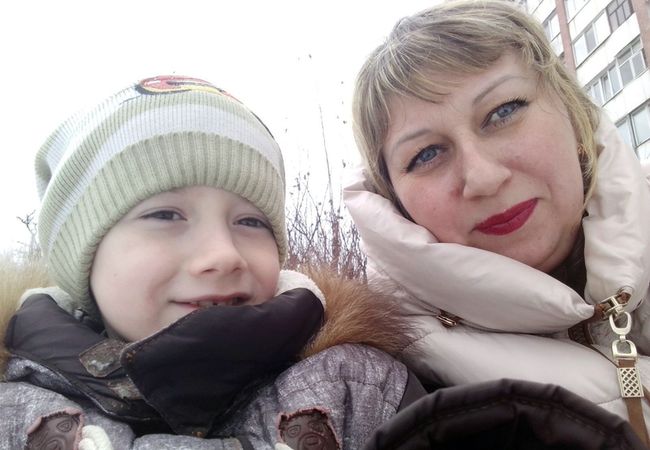
Photo: dcim.livejournal.com
A few days ago, we visited one of the orphanages in our area. And I want to share with you some of my impressions. Purposely I do not call a specific place: each orphanage has its own skeleton in their closet, but there is something common about most of these institutions.
Note: on the one hand, I have seen a lot, and I'm not easily shocked. On the other hand, I notice something that a "new visitor" does not always pay attention to. So, there are not working any monsters or angels. There are working ordinary people who wish only good to orphans, people who like and know their job and are afraid of losing it. From this cocktail there is an internal conflict in the soul of every teacher and even administrator. And they somehow come out of this conflict, often creating bizarre monsters - special forms of empathy for children.
I do not know where to start ... I guess, with the presentation of psychiatrist. I and my colleagues often notice a strange thing: if a child from time to time openly shows aggression or behaves "uncomfortably", he is seen as "mentally unstable", "in need of professional help of psychiatrists." These children are periodically sent to a mental sanatorium, dispensaries: to drink sedative, to heal, to give teachers rest from them. Thus, punitive psychiatry is still alive, although those who carry out such actions do not even think about it. They sincerely believe that a naughty and problem baby is a mentally ill child. Especially if the child is an orphan. At the same time some children who really require medical care, but are quiet, do not bother their teachers by their eccentricities.
What's next? There is a widespread belief in society that has the catastrophic consequences: the orphaned children have bad genes and they are destined to become alcoholics, criminals, etc. And very often the workers of orphanages popularize this point of view into the world. They have an "evidence base": that kid just gets out of jail and he is in jail again, she gave birth but could not raise her child ... But, in my opinion, it shows only the low educational potential of such institutions. They almost do not prepare children for independent life outside the orphanage.
There is another negative trend. However, it is firmly rooted everywhere in our society, but in orphanages it is manifested in particularly harsh ways. It's about consumerism to a child and to a person at all. "Why does one need to spend time and energy to child if he/she will not be able to achieve anything worthwhile?" Children who have a family from early age learn economy, computer, foreign languages, attend educational sessions, etc. And it is not just for communication, not for life to be interesting, so the child would feel happy. All in order to succeed in life, make more money, improve their "market value" as workers in the future ... Neurologists who treat orphans with severe congenital disorders, not "bother" about new approaches, special forces, because children will not reach the standards anyway. The good people who take the orphans into their families for education are also guided by the young and healthy children. Why? They want to achieve maximum results. But a child who feels safe and loved, a child who just gets the ability to organize his life, solve everyday problems as an adult - is not it admirable achievement? What do I mean? I mean the concept as the quality of life. And it's not just about material needs. The possibility of self-fulfillment, a sense of security, psychological and emotional well-being, satisfaction with cultural and spiritual needs, self-care and independence in activities play an important role. In orphanages, alas, there are already limited opportunities to achieve a high quality of life, and what’s worse no real attention to this goal is paid.
At the end I want to add: this is my personal view of the situation. It is debatable. Just in my opinion, orphanages require a radical reform. And it's not just about their realigning or closing. It is my deep conviction that a reform should begin with a change in attitude of the staff of these institutions. What do you think?



